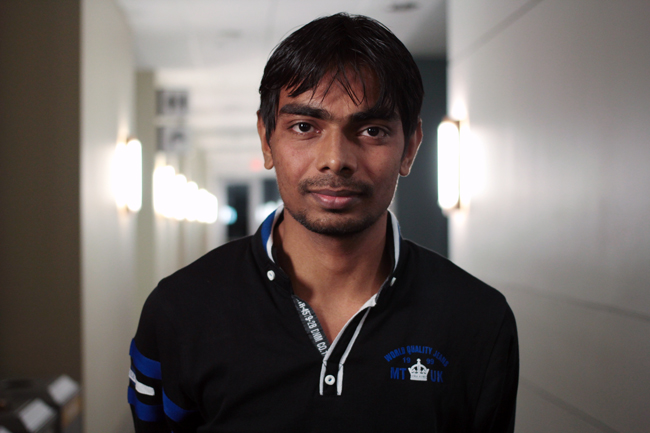Amit Kumar Singh, an international civil engineering graduate student from India, realized how little international students know about the US health care system after his friend cut her hand open on a glass bottle. Two weeks after navigating 911 calls and an ambulance ride through a language barrier, she was billed $1600 for what could have been a relatively inexpensive procedure at a normal urgent care clinic — had she known that option was available to her.
“We should not learn by accident,” Singh said. “In the international community, we don’t have awareness. There is information and it is accessible. But we don’t know.”
Susan Hochman, University Health Services assistant director, said although there is information regarding how to handle health care emergencies available for students both online and through their 24-hour nurse hotline, lack of awareness about these available resources is an issue that has been on the health services’ radar for a while now.
“It’s very complicated to get information to students, period — specifically graduate, international students,” Hochman said. “It’s difficult to understand the US health care system … We recognize it is a challenge and are open to any suggestions for how to better reach students with this information.”
For non-emergency situations such as fractured bones and bleeding, University Health Services has an urgent care clinic where students with student health insurance plans can receive care for free. This is the case for international students, who are required to purchase a student insurance plan. Domestic students without insurance may pay at a later date through their “What I Owe” online portal.
In response to the lack of awareness of these resources shared by many international students, Alberto Jorge Vazquez Anderson, international chemical engineering student and Graduate Student Assembly program director, and his assembly committee met with health services representatives to discuss ways to inform students of the services available.
“When you come here [from another country], you have a mind-set that is already established,” Vazquez-Anderson said. “When you have an accident happen, your first reaction is react as if you are in your own country. But that does not work here.”
One initiative they have already collaborated on includes a “Did You Know?” section in the weekly Graduate Student Assembly newsletters. This section is dedicated to providing graduate students with information regarding UT health services and where students can find more information.
“We need to be a team on this and find more effective ways to communicate it,” Anderson said. “There are 5,000 [international students] on campus … There is a need that needs to be filled so that international students know where to find information.




















